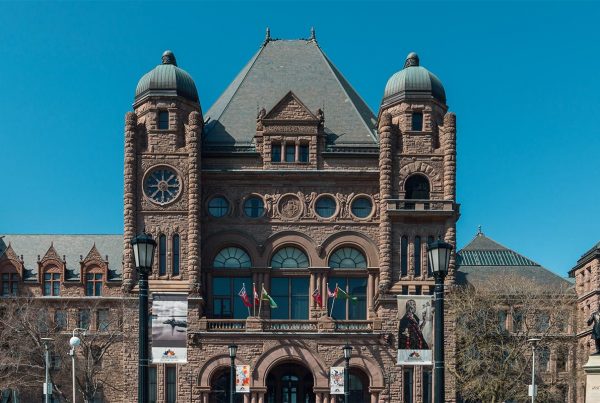Privacy leadership is a precious opportunity at a time when public trust in technology and in political leadership’s capacity or will to ethically guide its development is fragile.
Data collection, use, protection and governance have emerged as pressing social and public policy issues. Federally, provincially, and territorially, it is time to update public and private sector privacy laws to protect and serve people across Canada in this time of rapidly changing technology and rapidly eroding privacy.
Canadian residents are regularly asked by the private sector, and now increasingly, by the public sector, to trust in promises about the benefits of innovative uses for data. However, the fact that technologies allow increased collection and different uses of our personal information does not fundamentally change expectations that those who want to use our information have a duty to residents to use our information in ways that respect our rights, including but not limited to our right to privacy. In a world where the risks of excess collection, unexpected sharing, and inadequate security turn up daily in the news, in the breach notification letters most of us have received from a (formerly) trusted company, and in the pervasive targeting that delivers ads or articles to our various online accounts with an accuracy that reveals a knowledge of aspects of our lives that we did not consciously choose to share, governments have a responsibility to ensure their information policy sets a higher standard. We need a law strong and effective enough to establish the right safeguards when public or private sector bodies are deciding when, and how to use our personal information whether it is to develop data-driven products or drive policy that will impact the life-chances of millions.




















